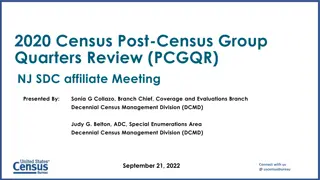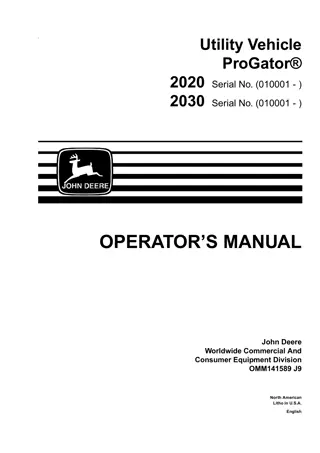
Understanding Syntactic Roles in English Language
Explore the concept of syntactic roles in English language focusing on affected, resultant, eventive, recipient, beneficiary, instrument, locative, goal, and source. Learn how these roles are determined by the meaning of the verb used in a sentence.
Download Presentation

Please find below an Image/Link to download the presentation.
The content on the website is provided AS IS for your information and personal use only. It may not be sold, licensed, or shared on other websites without obtaining consent from the author. If you encounter any issues during the download, it is possible that the publisher has removed the file from their server.
You are allowed to download the files provided on this website for personal or commercial use, subject to the condition that they are used lawfully. All files are the property of their respective owners.
The content on the website is provided AS IS for your information and personal use only. It may not be sold, licensed, or shared on other websites without obtaining consent from the author.
E N D
Presentation Transcript
Resultant It is the thing that comes into existence because of the activity indicated by the verb/ Ex: She painted a picture. My mother made an omelet for me.
How can we differentiate between the affected and the resultant? It depends on the meaning of the verb used Ex Barbara painted the wall. Barbara painted a picture In the first sentence the direct object has the semantic role of an affected participant but in the second it has the semantic role of a resultant.
eventive It refers to man-made events as opposed to external causers which are forces of nature Ex: Their quarrels have upset me. Everyone like her dance. The final match will be held next week.
recipient It is the referent of the indirect object. It is the person fro whose benefit the action described by the verb in a sentence is performed. Ex: Will you please lend me some money?
beneficiary It is the intended recipient as the opposed of the actual recipient . She borrowed from me some money Her father bought hera car.
instrument It is the thing by means of which the agent performs the action described by theverb: Ex: The policeman killed the robber with apistol.
locative It refers to the place of the action I met you in Tokyo. He saw a beggar dying in the middle of the road.
Goal It is the place towards which a living or a non-living entity moves: Ex: The army is advancing towards the capital. The children are going to the school.
source It is the starting point of a movement, i.e., the place from where a living or non-living entity starts (towards its goal): moving She has come from London. The rabbit jumped outof the cage.
Temporal It refers to the time of the state of the action described by the verb in a sentence: He was very tired yesterday.
Is there a one to- one relation between elemnts and the participant roles There is no one-to-one relation. The subjetof a sentence can be an agent ,an instrument, or an affected particpiant Ex: Barbara(the agent) opened the door with a key The key (the instrument) opened the door. The door (the affected participant) opened .
The semantic Constarint on the choice of the subject Whether the gramtical slot for the subject of a sentecnec is filled by the agent or the affected or the instrument or ant other participant is not a matter of free choice for the user of the langauge. In English, this choice is determined by a certain rigid rule of grammar.
Ex: John opened the door with a key. . .In sentence the slot of the first subject has been filled by the agent. the affected and the instrument are also parts of the semantic structure of this sentence but unless the sentence is passivized, there is no way in which either the affected or the instrument can take the placeof thesubject in this sentence.
A key opened the door In participants, instrument, participant present in this sentence only the instrument can occupy the position of the subject of the sentence. this sentence, the but there affected of are and two the two these
The door opened The affected participant occupies the place of the subject in this sentence because neither the agent not the instrument is present.











